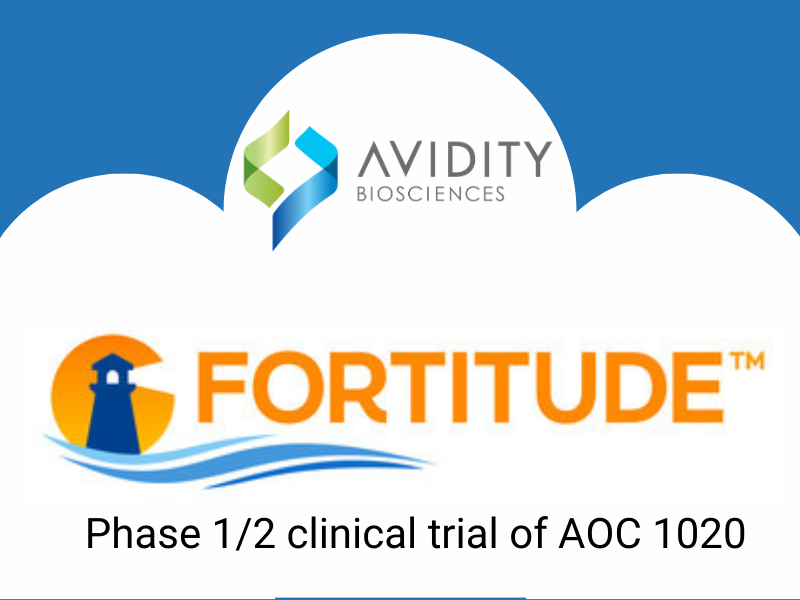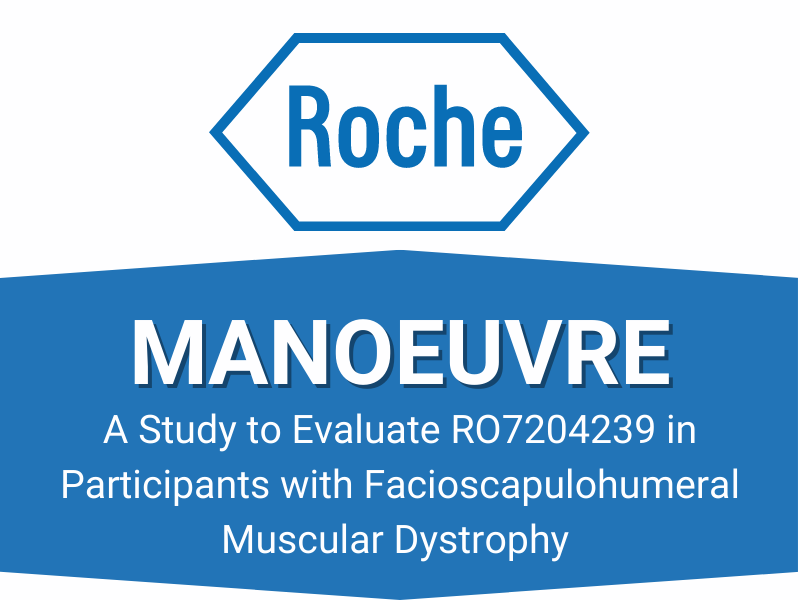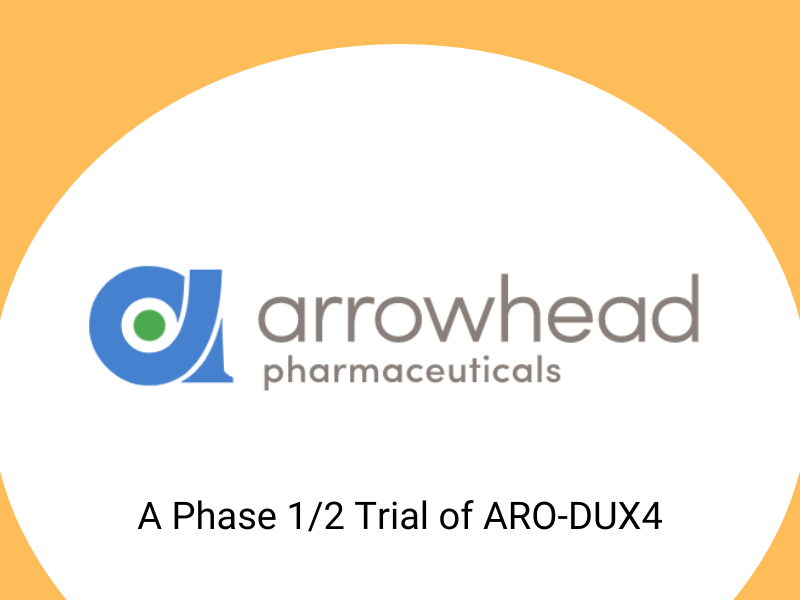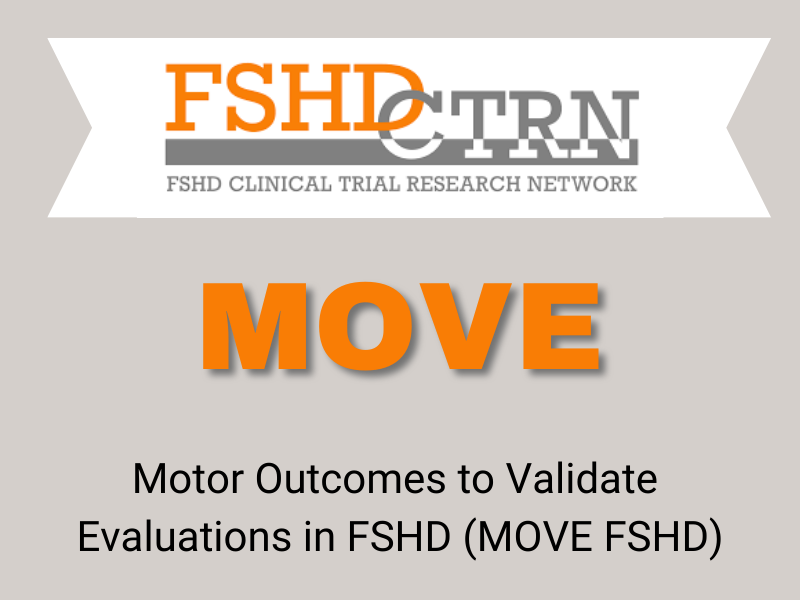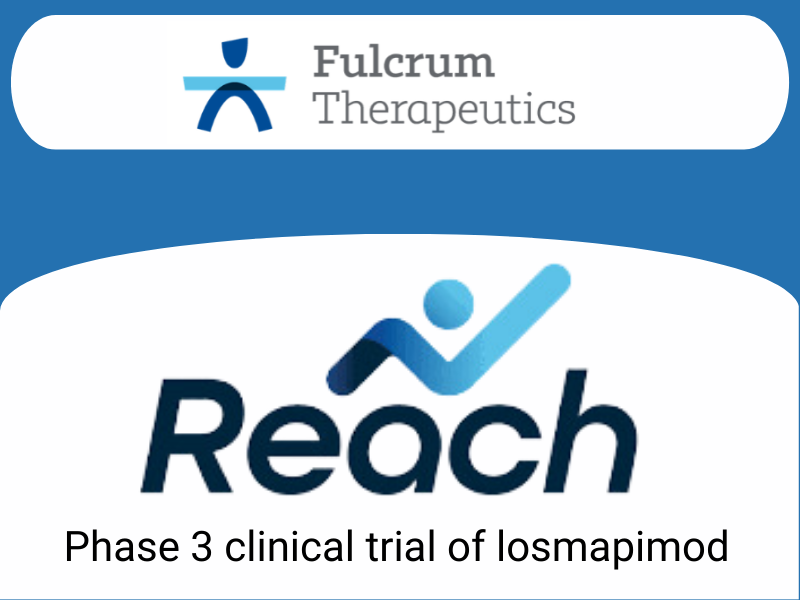Participate in a Clinical Study or Trial
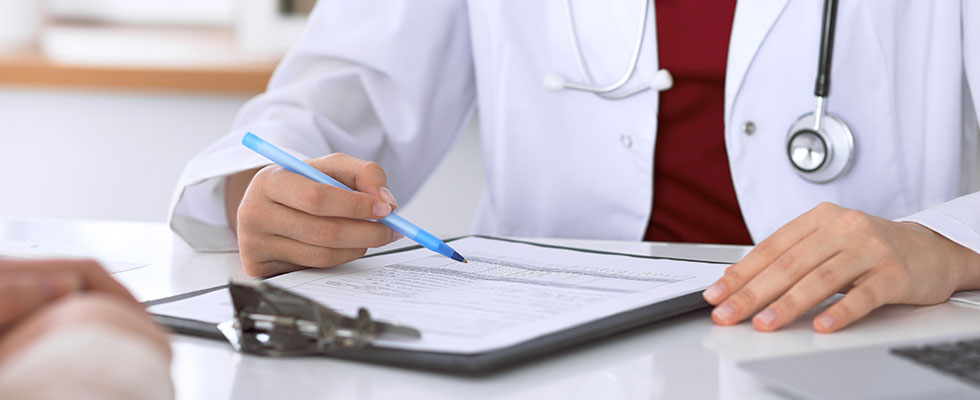
Clinical studies are a type of research involving human volunteers. Clinical trials are a type of clinical study to test whether a treatment works. The National Institutes of Health website ClinicalTrials.gov provides free access to information on clinical studies and trials. We list below key FSHD studies and trials, including some that are not in clinicaltrials.gov.
If you see a study that you are interested in, you can contact the study coordinator listed on the page and ask for details about enrolling.


